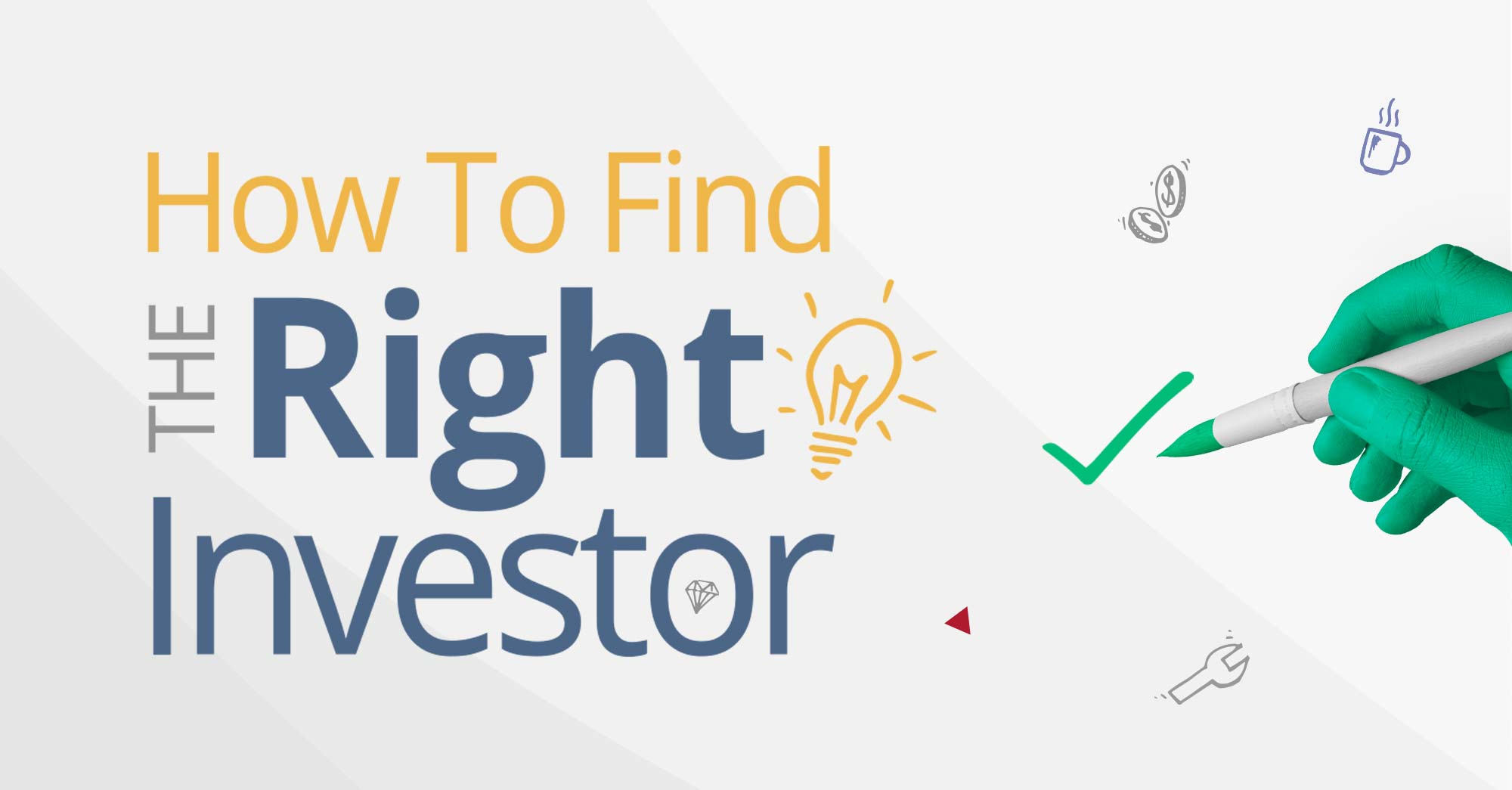One day, you’re walking to the shop to pick up some ingredients for dinner, when suddenly, out of nowhere, you come up with an idea. Not just any idea, but an idea that will revolutionise walking. Or shopping. Or whatever, it doesn’t matter – as long as you can build a small business or startup around it.
You’re not the type to just dream aimlessly, so you develop your idea. You write out a business plan, build a website, start building a marketing network around your contacts, and your startup begins to gather momentum.
But now, you need money. And not just money, you need an investor – somebody who funds your current growth and can also help you steer through the unpredictable future.
Going on the market for funding is always exciting, but it can be overwhelming. Here’s a quick guide to finding the right investor for your company.
Be honest with yourself
Once you’re on the market, ask yourself: why do you need an investor at this moment? Do you need one – or do you just want one? Often, startups try to justify their need for funding by saying that they need more employees, or they need a bigger marketing budget. But really, they just want the validation that an investor brings.
And that’s ok, but now is the time to push your company to grow and thrive with what you have already. That’s the benefit of being small – you can be flexible and adapt rapidly. Once you have funding, you lose that.
Be honest with yourself about why you’re looking for funding and seek new ways to operate on your existing budget, while continuing to thrive. Bootstrapping like this drives up your value in the long run.
That’s because it’s best to:
Take your time
Again, once you’re on the market, it’s only natural to feel impatient. Before funding, it can be hard to know exactly how much your company is worth unless you’ve done a 409A Valuation. Your first investor assigns you a value – they make it black and white to the world that your dream is important, and worth something.
And that’s great, but it tempts you to rush headlong into an agreement with the first flattering investor.
The longer you are successful on your own, the stronger your negotiating position in the market is. By taking your time, you show potential investors that you want their money, you don’t need it.
And there’s another benefit: taking your time allows you to take a further look at who the investor is:
Do your due diligence
Somebody once described the relationship between a startup and its investors as marriage, without any intimacy to save you in case of divorce. You might think you need the money now, but in a few years, when it comes time to do another round of funding, you and your investor are going to be making decisions together. It’s important that you know you’re on the same page.
Take a careful look at the proposals. Walk through your capitalization table, and imagine what it looks like at the next round. Imagine your first investor’s proposal as a foundation, and see how your capitalization table starts to take shape.
If you’re wondering what a capitalization table is, you’re not ready for investors. That’s because:
You need a capitalization table (cap table)
There is no way to get around this one – you need a cap table. A cap table shows your market value and a breakdown of your company’s equity distribution.
Take the first part, the market value. Your potential investor needs to see a clear picture of what your company is worth, and a cap table is the only way to do that.
But instead of treating it like a box to check off, explore the incredible advantages, it gives you. With the right cap table management software, your cap table can transform your business from the beginning.
Taking it further:
Your cap table is your best friend
In fact, your cap table will tell you what your best friend can’t – if your first investor’s offer is any good.
Having a cap table, and particularly having the right cap table management software, lets you see at a glance just how much equity your investor is claiming. You can compare how their investment furthers your immediate needs to how much of your future fortune you’re giving away.
If you have all these principles in place, then you’re ready for your first investor. Good luck!
Request a free demo
If you’d like to see for yourself how the Global Shares cap table management software can help your company, book a one-on-one, no-obligation consultation today and we’ll demonstrate our award-winning software.
This publication contains general information only and J.P. Morgan Workplace Solutions is not, through this article, issuing any advice, be it legal, financial, tax-related, business-related, professional or other. J.P. Morgan Workplace Solutions’ Insights is not a substitute for professional advice and should not be used as such. J.P. Morgan Workplace Solutions does not assume any liability for reliance on the information provided herein.



